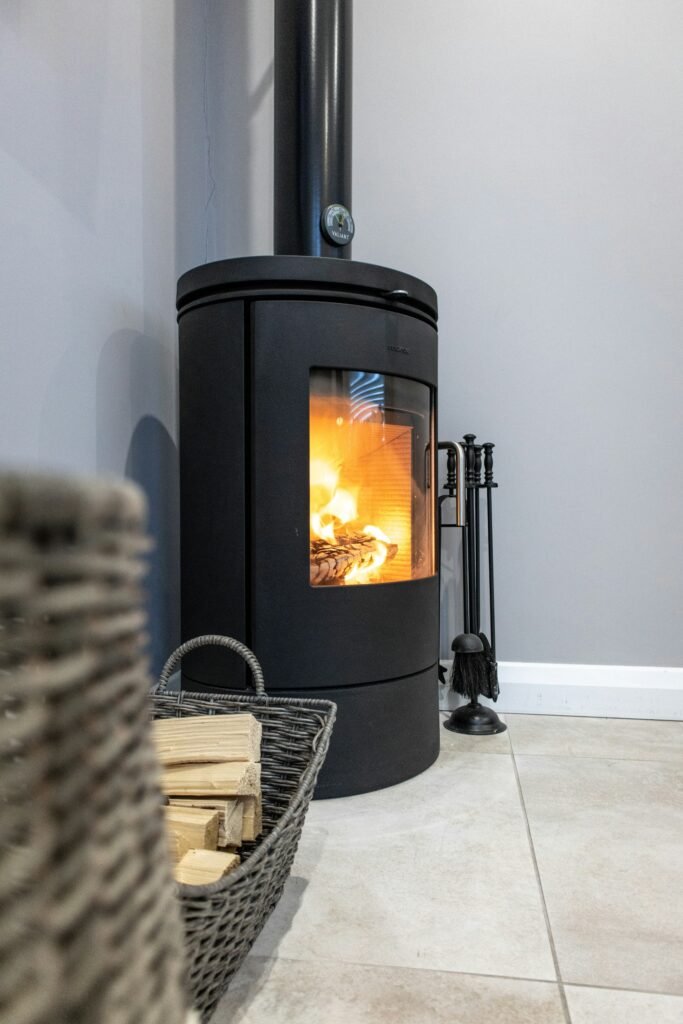Currently Empty: $0.00
Introduction to Eco-Friendly Tiles
Eco-friendly tiles represent a significant shift in the construction and renovation industry, emphasizing sustainability and environmental responsibility. These tiles are produced using materials and processes that minimize environmental impact, such as recycled content, low VOC emissions, and energy-efficient manufacturing. The growing trend towards sustainable home and commercial renovations highlights a collective awareness of the need to reduce our ecological footprint.
This shift towards sustainability is particularly pertinent for Bankstown residents, who are increasingly prioritizing eco-friendly solutions in their building projects. By choosing eco-friendly tiles, homeowners and businesses in Bankstown can contribute to reducing waste, conserving natural resources, and promoting healthier indoor environments. The local community’s commitment to environmental responsibility is evident in the rising demand for green building materials, which not only benefit the planet but also enhance the quality of life for its residents.
As we continue to face global environmental challenges, making conscious choices in building materials becomes ever more critical. Eco-friendly tiles offer an excellent opportunity for Bankstown residents to participate in the green movement. These tiles, made from sustainable resources, not only reduce the carbon footprint but also often come with the added benefit of being more durable and cost-effective in the long run. By integrating eco-friendly tiles into their projects, individuals and businesses can make a tangible difference, contributing to a greener future for the community and beyond.
In conclusion, the importance of selecting eco-friendly tiles cannot be overstated. They represent a practical and impactful way to support sustainability in construction and renovation. For Bankstown residents, the adoption of eco-friendly tiles is a step towards a more environmentally responsible and healthier living environment, underscoring the vital role that building material choices play in our overall environmental impact.
Types of Eco-Friendly Tiles Available
Choosing eco-friendly tiles is an excellent way to contribute to sustainable living while enhancing the aesthetic appeal of your space. Several types of eco-friendly tiles are available, each with unique sustainable attributes and benefits.
Recycled Glass Tiles: These tiles are made from recycled glass bottles and other glass waste, making them a sustainable choice. The manufacturing process involves melting the glass and reshaping it into tiles, which consumes less energy compared to producing new glass. Recycled glass tiles are known for their durability, resistance to stains, and vibrant colors. Look for certifications such as GreenGuard to ensure the product meets environmental standards.
Reclaimed Wood Tiles: Reclaimed wood tiles are crafted from wood salvaged from old buildings, barns, and other structures. This process reduces the need for new lumber, thereby preserving forests and reducing carbon emissions. Reclaimed wood tiles add a rustic, natural charm to any space and are often more durable than newly harvested wood. Certifications like the Forest Stewardship Council (FSC) can help identify truly sustainable wood products.
Cork Tiles: Cork tiles are made from the bark of cork oak trees, which naturally regenerate, making them a renewable resource. The harvesting process does not harm the tree, allowing it to continue growing. Cork tiles are known for their excellent insulation properties, sound absorption, and comfort underfoot. They are also hypoallergenic and resistant to mold and mildew. Look for certifications from organizations like the Programme for the Endorsement of Forest Certification (PEFC) to ensure sustainability.
Bamboo Tiles: Bamboo is a fast-growing grass that can be harvested without killing the plant, making it a highly renewable material. Bamboo tiles are robust, moisture-resistant, and offer a sleek, modern aesthetic. They also have a smaller carbon footprint compared to traditional wood products. Certifications like the Forest Stewardship Council (FSC) can help verify the eco-friendliness of bamboo tiles.
When selecting eco-friendly tiles, it is important to consider certifications and standards that verify the sustainability of the materials. By choosing recycled glass, reclaimed wood, cork, or bamboo tiles, Bankstown residents can make environmentally conscious decisions that benefit both their homes and the planet.
Benefits of Using Eco-Friendly Tiles
Eco-friendly tiles offer a plethora of benefits, making them an increasingly popular choice among Bankstown residents. One of the most significant advantages is their positive impact on the environment. These tiles are typically made from recycled materials, such as glass, porcelain, and natural stone, which help reduce waste and conserve natural resources. By choosing eco-friendly tiles, homeowners can contribute to lowering their carbon footprint, as the production process for these tiles generally requires less energy and emits fewer greenhouse gases compared to conventional options.
Another critical benefit of eco-friendly tiles is their contribution to healthier living environments. Traditional tiles often contain volatile organic compounds (VOCs) and other harmful chemicals that can off-gas into the air, leading to indoor air pollution and potential health issues. In contrast, eco-friendly tiles are produced with non-toxic materials and low VOC emissions, ensuring better air quality and reducing the risk of respiratory problems and other health concerns for residents.
From an economic standpoint, eco-friendly tiles can offer long-term cost savings. Many of these tiles come with superior insulation properties, which can help regulate indoor temperatures more efficiently. This improved insulation can lead to reduced energy consumption and lower utility bills, making them a cost-effective choice for homeowners. Additionally, the durability and longevity of eco-friendly tiles mean fewer replacements and maintenance costs over time, further enhancing their economic appeal.
Real-life examples further underscore the benefits of eco-friendly tiles. For instance, a family in Bankstown who renovated their home with recycled glass tiles reported significant reductions in their energy bills due to the tiles’ excellent thermal properties. Another case study involves a local business that opted for natural stone tiles, which not only improved the indoor air quality for their employees but also showcased their commitment to sustainability, enhancing their corporate image.
Overall, the adoption of eco-friendly tiles presents an excellent opportunity for Bankstown residents to make environmentally responsible choices without compromising on aesthetics, health, or economic benefits.
How to Source and Install Eco-Friendly Tiles in Bankstown
Sourcing and installing eco-friendly tiles in Bankstown can significantly contribute to sustainable living. To begin, it’s essential to identify reputable suppliers in the local area. Look for tile suppliers that prioritize sustainability and have a proven track record of providing eco-friendly products. Visiting local eco-friendly tile stores, such as Eco Tiles Bankstown or Green Tile Solutions, can be a good starting point. These stores often carry tiles made from recycled materials or with low environmental impact.
When assessing tile options, pay close attention to quality and sustainability certifications. Certifications to look for include GreenGuard, which ensures low chemical emissions, and Cradle to Cradle, which assesses the entire lifecycle of a product. Additionally, tiles made from natural materials, like clay or glass, and those with high recycled content can be excellent eco-friendly choices. Evaluating the lifecycle impact involves considering the energy used in production, the durability of the tiles, and the potential for recycling at the end of their use.
Hiring an eco-conscious contractor is crucial for maximizing the sustainability benefits of your new tiles. Seek contractors who have experience with green building practices and who are knowledgeable about eco-friendly materials. The Green Building Council of Australia (GBCA) provides a directory of accredited professionals who adhere to sustainable building standards. When discussing your project with potential contractors, inquire about their methods for minimizing waste and their use of low-impact adhesives and grouts.
Best practices for installation include proper planning to reduce tile wastage and ensuring that materials are locally sourced whenever possible to reduce transportation emissions. Additionally, opting for tiles that require minimal maintenance and have a long lifespan can further enhance their sustainability. Engaging with local green building consultants can provide valuable insights and recommendations tailored to your specific needs and preferences.
By carefully selecting suppliers, evaluating the sustainability of tile options, and working with knowledgeable contractors, Bankstown residents can successfully source and install eco-friendly tiles, contributing to a more sustainable environment.


